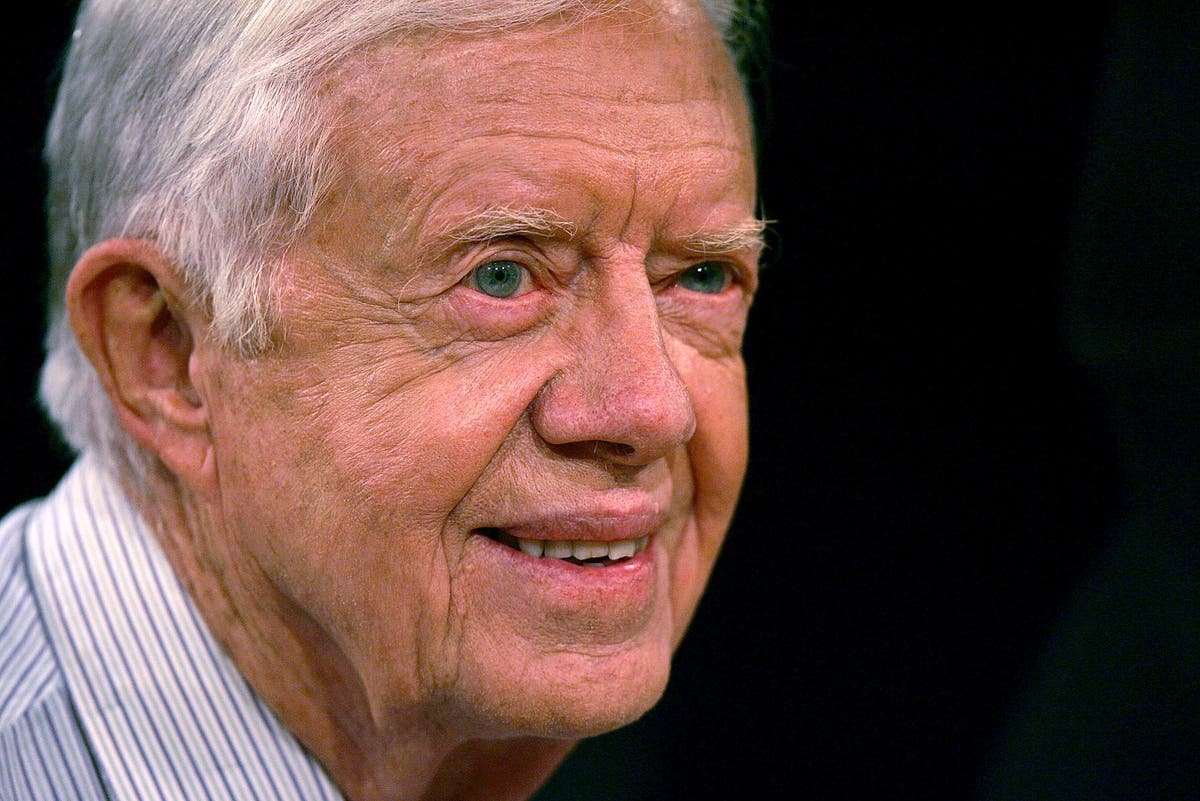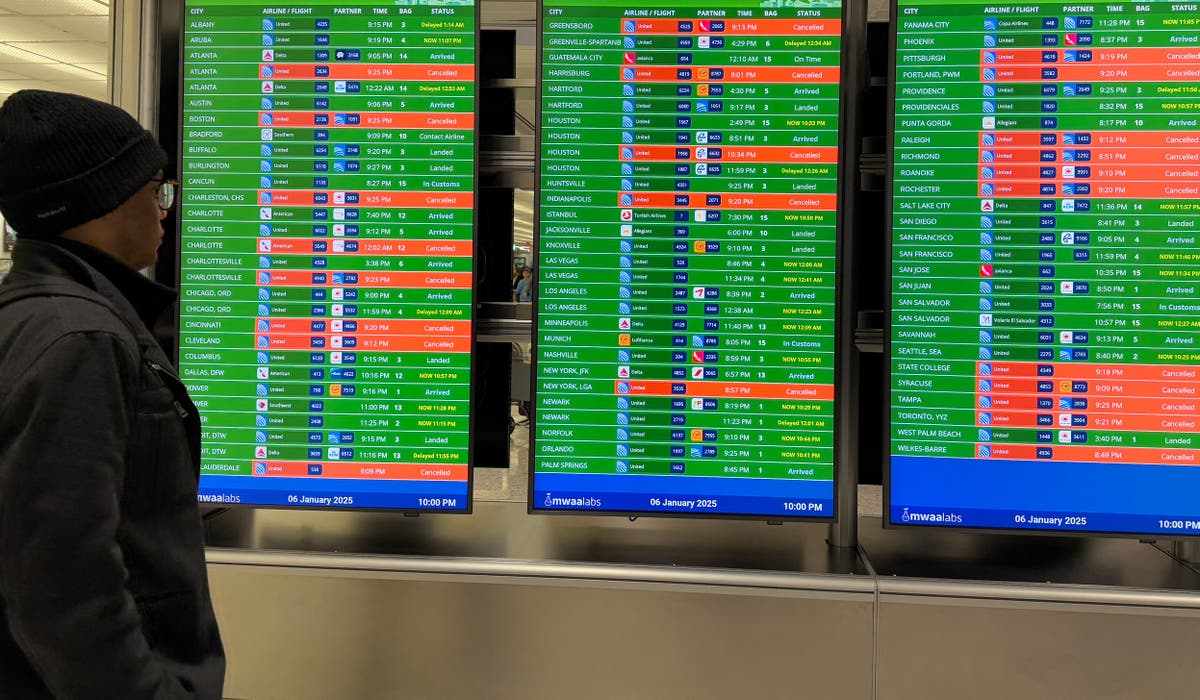Former U.S. President James Earl "Jimmy" Carter Jr. has died at the age of 100, prompting an outpouring of tributes from world leaders and dignitaries. Carter, who served as the 39th president of the United States, passed away at his home in Plains, Georgia, on Sunday, marking the end of a life distinguished by both political service and extensive humanitarian work.
Carter's career included a single term in the White House from 1977 to 1981. However, his legacy extends beyond his presidency, as he became equally renowned for his post-presidential efforts in international diplomacy and social justice. He was notably involved with Habitat for Humanity, a non-profit organization dedicated to building homes for those in need and earned the Nobel Peace Prize.
Leaders from across the globe have expressed their condolences and admiration for Carter. U.S. President Joe Biden remembered him as a "dear friend," while former President Barack Obama hailed his post-presidency as "the longest and most impactful in American history". President-elect Donald Trump acknowledged the nation's "debt of gratitude" to the former president.
International figures also joined in the chorus of praise. British Prime Minister Keir Starmer highlighted Carter's "remarkable commitment to social justice and human rights," and King Charles III lauded his efforts in promoting global peace. Ukrainian President Volodymyr Zelenskyy noted Carter's support for Ukraine's "ongoing fight for freedom," and Israeli President Isaac Herzog described him as "courageous and beloved."
In the wake of Carter's passing, various aspects of his life and legacy are being revisited. Media outlets are covering details ranging from his simple lifestyle to anecdotes about his interactions with world leaders. His dedication to public service, both during and after his presidency, is being remembered and celebrated as an exemplary model of a commitment to humanity.







